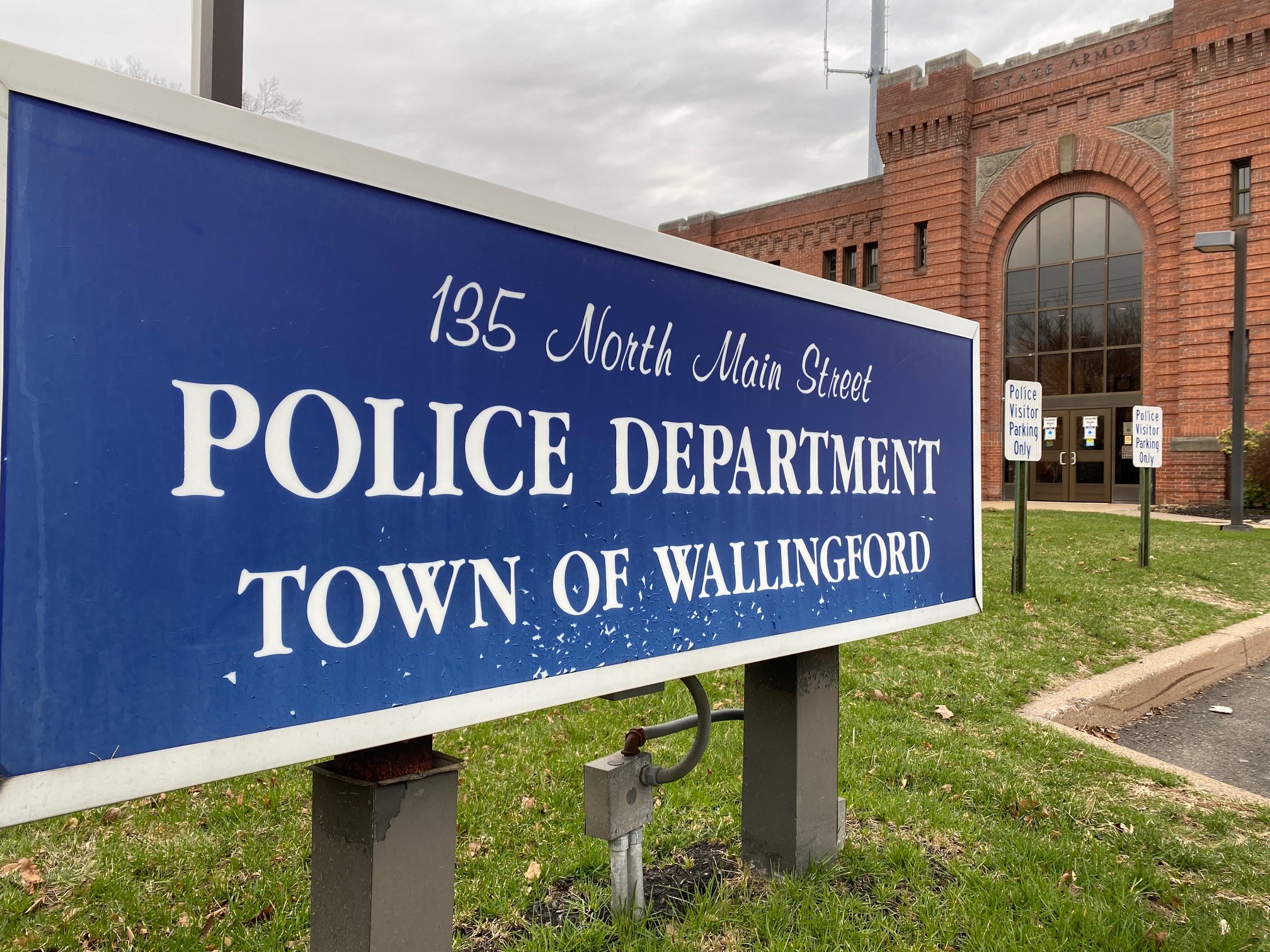“When you show up, nobody should be asking you anything except ‘Are you a Connecticut resident?’”
That was Robert Fishman’s thoughts when he left a COVID-19 vaccine clinic where he was asked for insurance information. The executive director of Connecticut Immigration and Refugee Coalition says asking for ID and insurance can be intimidating for undocumented people.
They’re not required for vaccines, so he says the question should be off the table. He believes people should be able to prove residency with other forms of identification.
The state’s website says:
“No person will be turned away based on their ability to show ID. While sharing your contact information may not be required to get a vaccine, staff at the vaccination site may ask individuals for an ID, but this only applies to people who have one…. Individuals can still get the COVID-19 vaccine without insurance or an ID.”
Get Connecticut local news, weather forecasts and entertainment stories to your inbox. Sign up for NBC Connecticut newsletters.
Vaccine clinics are required to ask for ID and insurance information, but people, including undocumented residents, aren’t required to show it. That distinction can get lost.
CVS makes the information optional when registering and said in a statement to NBC Connecticut:
Local
"The COVID-19 vaccine is covered through a federal program for the uninsured. If a patient does not have insurance, we are required by the Health Resources and Services Administration to ask the patient to provide either a social security number or valid driver’s license/ state ID #. However, uninsured patients are not required to provide this information in order to receive a vaccine from us."
So, whether it’s a local vaccine clinic or corporation, community groups are reminding their clients, who may be refugees or undocumented, that everyone is eligible for a vaccine.
“With both of our populations we see a lot of misinformation about the vaccine,” said Pema Bhutia of Integrated Refugee and Immigration Services (IRIS). “So, it’s very important when we do our outreach to let them know that they are eligible, that it is free, that they don’t need health insurance or an id to be able to get vaccinated.”
Bhutia says a few people she works with were afraid that there would be immigration authorities at vaccine clinics. Dispelling those myths are also part of her work.
“The federal government has confirmed that no immigration activity will be taking place so, these are the types of information that we are translating and sending to our clients so they are assured that no one will be asking about their immigration status,” said Bhutia.
“The virus doesn’t care what you look like, what your background is, what your immigration status is, so it’s so important that everyone in our community gets vaccinated,” said New Haven Mayor Justin Elicker.
The state is launching mobile vaccine vans that may help ease vaccine hesitancy, whether it’s based on immigration status, vaccine trust or simply access to a clinic. The vans will be in Hamden and New Haven this week for walk-up appointments.
“The fact that it’s so nimble that they can just send this car out and vaccinate people pretty much anywhere in the community is going to be a huge help to getting people vaccinated,” said Elicker.
He says Fair Haven Community Health Care and other health groups have been going door-to-door on weekends to register hard-to-reach people in New Haven neighborhoods.
IRIS also registers clients for Fair Haven Community Health Care vaccine clinics. She says when those without identification are registered for a clinic, they will still get a vaccine.
“So when they show up for the appointment and they tell them their name all of the information is up in the system, and if they ask for an ID or health insurance and they say no, that’s the end of that conversation and they’re guided to get their vaccine.”



